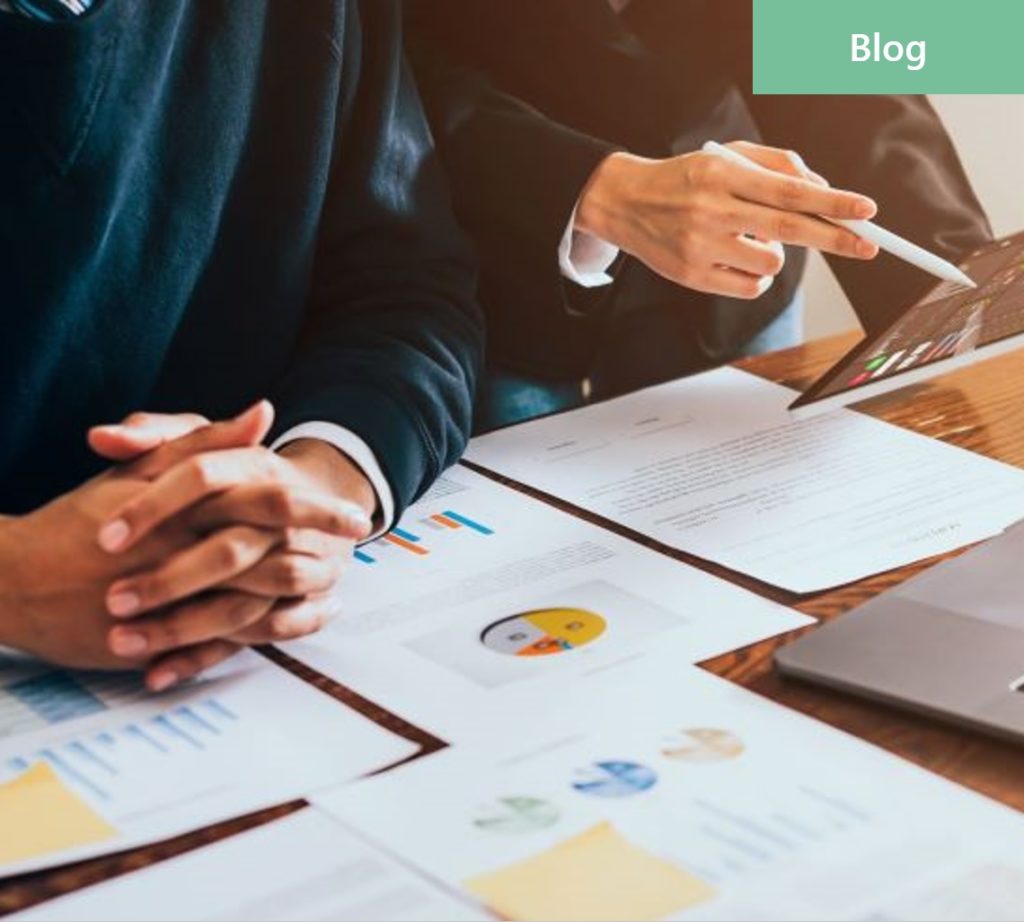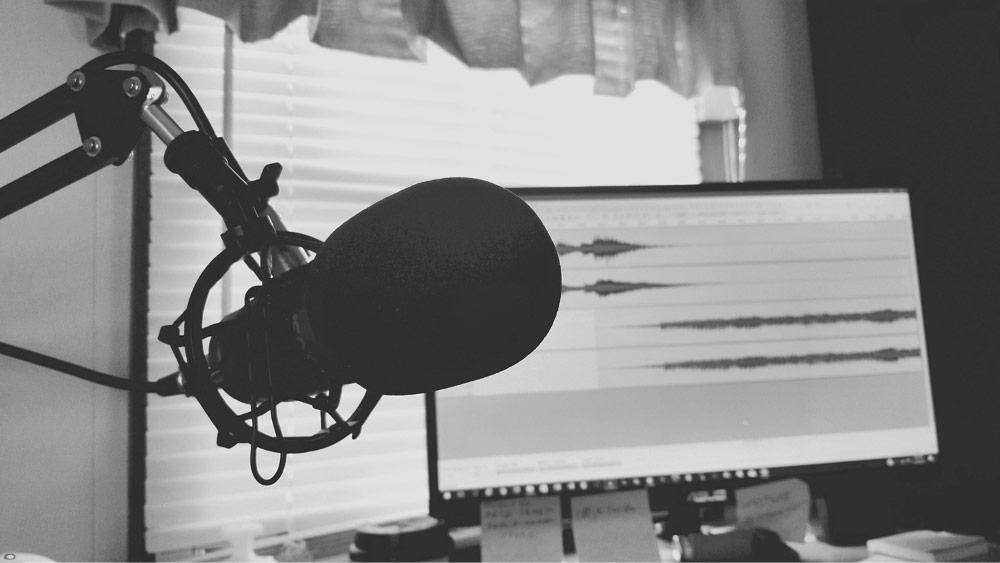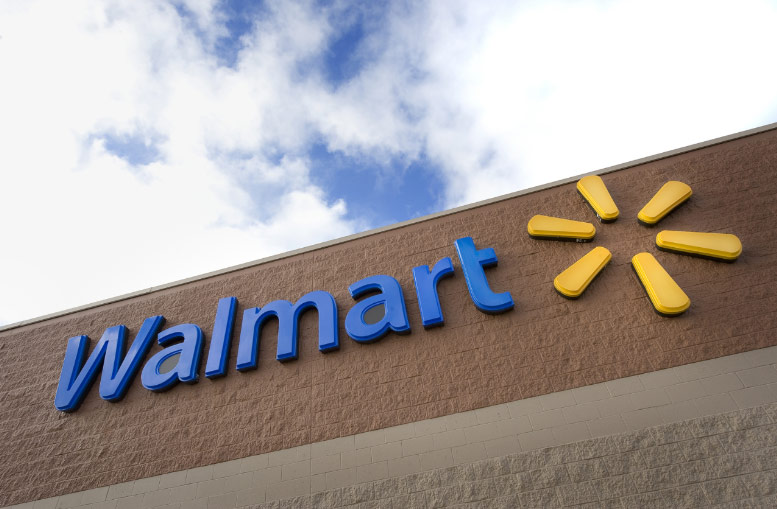M&A Forecast: Some Light Cloud, Sunny Tomorrow
I’m sure everyone has felt it – that gentle squeeze on our purses and wallets. Whether it is at the supermarket or the petrol pump, the café or the corner store, inflation seems to be hitting our hip-pocket nerve once more.










